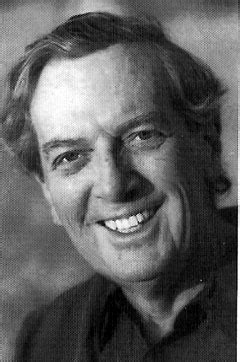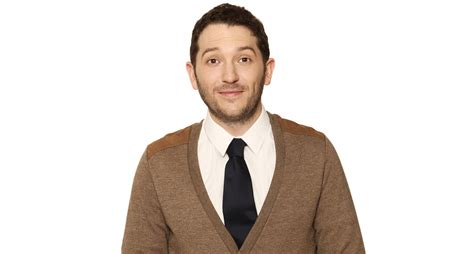A Quote by John Steinbeck
I suffer as always from the fear of putting down the first line. It is amazing the terrors, the magics, the prayers, the straightening shyness that assails one.
Related Quotes
I suffer as always from the fear of putting down the first line. It is amazing the terrors, the magics, the prayers, the straitening shyness that assail one. It is as though the words were not only indelible but that they spread out like dye in water and color everything around them. A strange and mystic business, writing.
Love is influenced by no consideration, recognizes no restraints of reason, and is of the same nature as death, that assails alike the lofty palaces of kings and the humble cabins of shepherds; and when it takes entire possession of a heart, the first thing it does is to banish fear and shame from it.
INTROVERTS are especially vulnerable to challenges like marital tension, a parent’s death, or abuse. They’re more likely than their peers to react to these events with depression, anxiety, and shyness. Indeed, about a quarter of Kagan’s high-reactive kids suffer from some degree of the condition known as “social anxiety disorder,” a chronic and disabling form of shyness.
I've always felt that if you back down from a fear, the ghost of that fear never goes away. It diminishes people. So I've always said 'yes' to the thing I'm most scared about. The fear of letting myself down - of saying 'no' to something that I was afraid of and then sitting in my room later going, 'I wish I'd had the guts to say this or that' - that galvanizes me more than anything.
You know, your first album is about really amazing things. Your first album is always about coming of age, first love, first loss, usually you suffer a first loss of someone that you love to death, even, you know, really big life lessons, things you learn from your parents' divorce or from the travels that you took.
It was early on in 1965 when I wrote some of my first poems. I sent a poem to 'Harper's' magazine because they paid a dollar a line. I had an eighteen-line poem, and just as I was putting it into the envelope, I stopped and decided to make it a thirty-six-line poem. It seemed like the poem came back the next day: no letter, nothing.
I've always gone with Kafka's model of establishing the world from the first line, as in Kafka's famous line from Metamorphosis, "Gregor Samsa woke up from uneasy dreams to find himself transformed into a gigantic insect" (or beetle or cockroach, depending on the translation). I have to have that first line before I can go further.

































